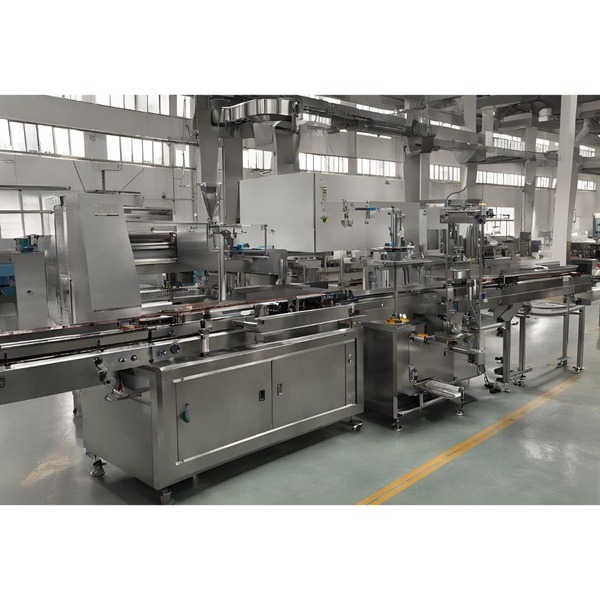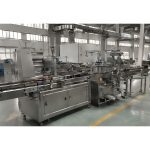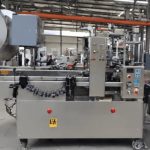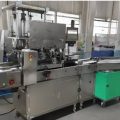
Understanding Aluminium Foil Containers
Aluminium foil containers have become a staple in many households and industries due to their versatility and convenience. These containers are used for cooking, packaging, and even storing food. However, the question arises: Is an aluminium foil container eco-friendly? To answer this, we need to delve into various aspects, including production, usage, and disposal.
Production and Environmental Impact
Raw Material Extraction
The production of aluminium foil containers begins with the extraction of bauxite ore, which is then refined to produce aluminium. This process is energy-intensive and has a significant environmental impact. The mining of bauxite can lead to deforestation and loss of biodiversity, making the initial stages of aluminium production less eco-friendly.
Manufacturing Process
Once the aluminium is extracted, it undergoes a series of processes to be transformed into foil. This involves rolling the aluminium into thin sheets and then shaping it into containers. The manufacturing process also consumes a considerable amount of energy, contributing to its carbon footprint. However, advancements in technology, such as the use of an air compressor for packing machines, have made the process more efficient, reducing energy consumption and waste.
Usage and Benefits
Reusability and Durability
One of the significant advantages of aluminium foil containers is their reusability. Unlike single-use plastics, these containers can be washed and reused multiple times, making them a more sustainable option for everyday use. Their durability also means they can withstand high temperatures, making them ideal for cooking and baking.
Lightweight and Efficient
Aluminium foil containers are lightweight, which reduces the energy required for transportation. This is particularly beneficial for industries that rely on bulk shipping. The use of an air compressor for packing machines further enhances the efficiency of packaging, ensuring that the containers are tightly sealed and protected during transit.
Disposal and Recycling
Recyclability
One of the most eco-friendly aspects of aluminium foil containers is their recyclability. Aluminium can be recycled indefinitely without losing its properties. Recycling aluminium requires only 5% of the energy needed to produce new aluminium, significantly reducing its environmental impact. Therefore, proper disposal and recycling of aluminium foil containers can make them a sustainable choice.
Challenges in Recycling
Despite the high recyclability of aluminium, there are challenges in the recycling process. Contamination with food waste can make it difficult to recycle aluminium foil containers. Consumers need to ensure that the containers are clean before recycling. Additionally, not all recycling facilities accept aluminium foil, which can limit its eco-friendly potential.
Conclusion
In conclusion, aluminium foil containers have both positive and negative environmental impacts. While the production process is energy-intensive, the containers’ reusability, lightweight nature, and recyclability make them a more sustainable option compared to single-use plastics. The use of advanced technologies, such as an air compressor for packing machines, further enhances their efficiency and reduces waste. However, proper disposal and recycling practices are crucial to maximizing their eco-friendly potential. By making informed choices, consumers and industries can contribute to a more sustainable future.





